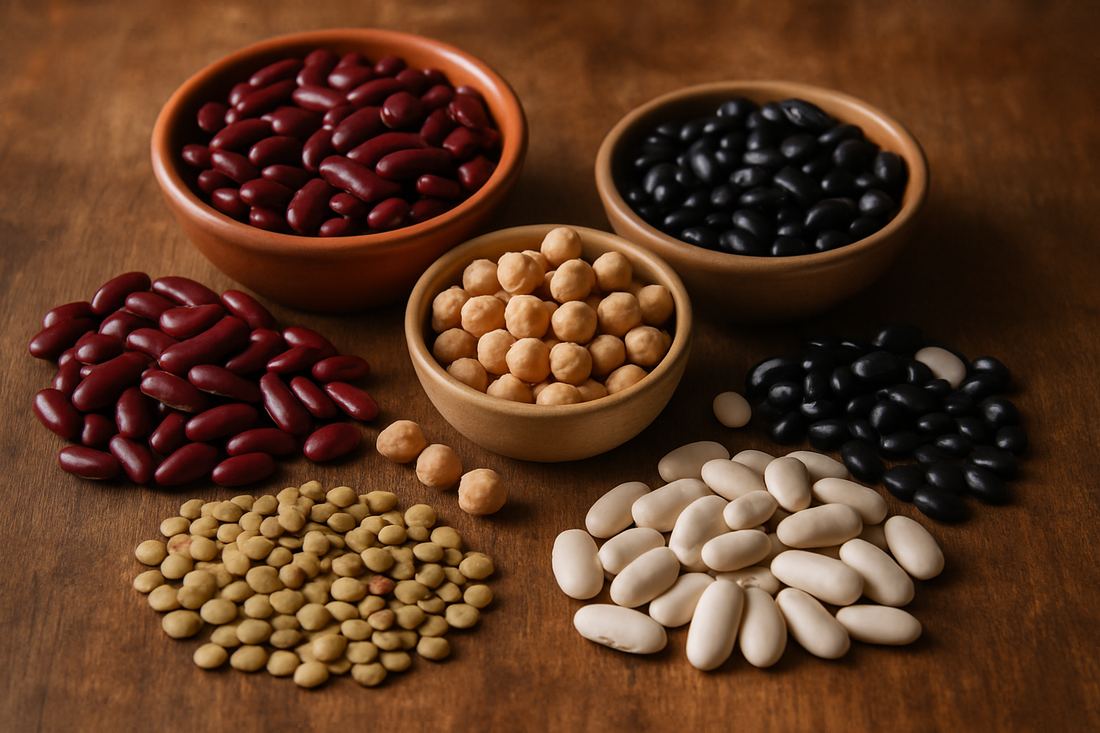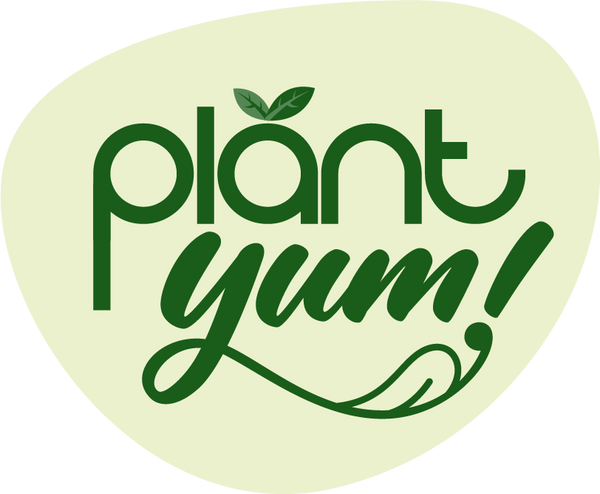
Stronger Bones Without Milk? Try Beans Instead!
Share
When we think about bone health, milk is often the first food that comes to mind. For years, dairy has been promoted as the go-to source of calcium for stronger bones. However, growing research suggests that beans and legumes can also play an important role in supporting bone strength and preventing bone loss.
Why Beans Support Bone Health
Legumes such as chickpeas, kidney beans, lentils, split peas, and black beans are not only rich in fiber and plant protein but also contain essential minerals like calcium and magnesium. Calcium is well known for its role in maintaining bone density, while magnesium supports bone formation and helps prevent bone loss.
In addition, beans contain natural compounds called phytates. Historically, phytates were believed to interfere with mineral absorption, leading many to think they were harmful to bone health. However, recent evidence points to the opposite.
The Role of Phytates in Bone Strength
Earlier research suggested that diets high in phytates could weaken bones. But newer studies have shown that phytates may actually protect against bone loss. A study published in the Journal of Medicinal Food found that individuals with higher phytate consumption had stronger bone density in areas such as the spine, heel, and hip. The same research concluded that low phytate intake should instead be considered a potential risk factor for osteoporosis.
Another long-term study involving postmenopausal women revealed that those with higher levels of phytate intake had a significantly reduced risk of severe fractures, particularly hip fractures. These findings highlight the importance of including phytate-rich foods like beans, whole grains, and nuts in the diet for long-term skeletal health.
Practical Tips for Including Beans in Your Diet
Some people find beans difficult to digest. A simple way to address this is by soaking beans in water for several hours or overnight before cooking. Discarding the soaking water and cooking them in fresh water reduces phytate levels and makes them easier to digest, while still retaining their health benefits.
Key Takeaway
Beans offer a valuable combination of calcium, magnesium, fiber, and phytates that can contribute to stronger bones and reduce the risk of osteoporosis. Far from being something to avoid, phytates are now recognized as beneficial compounds that support bone health. Including beans and other legumes as part of a balanced diet can be a simple and effective way to protect your bones naturally.
